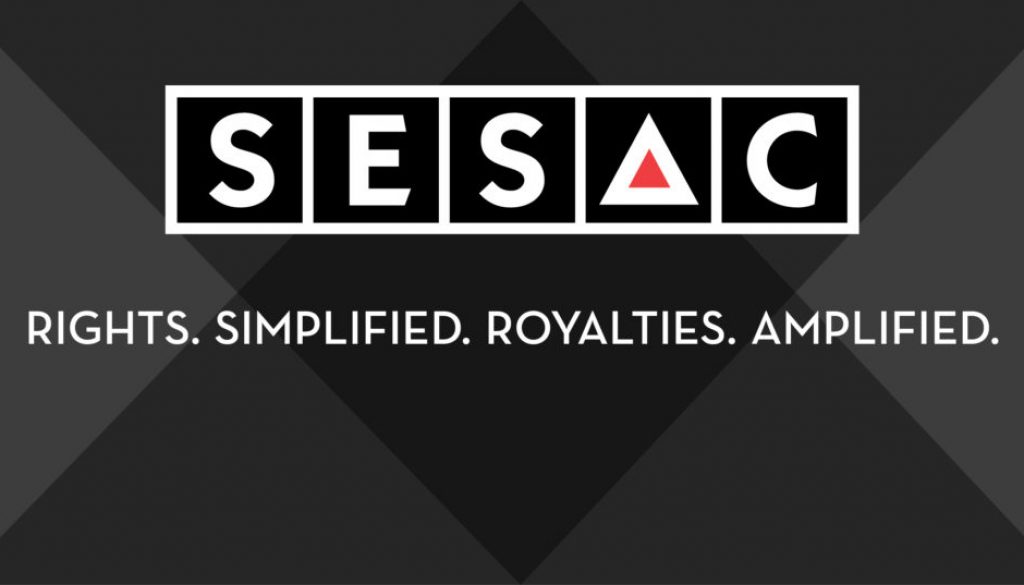It’s a good day to be a songwriter signed to SESAC.
The US-based rights licensing organization has reached a new deal with the Radio Music License Committee (RMLC), which the PRO claims will result in substantially larger rates for its clients that ASCAP’s equivalent agreement.
The RMLC represents more than 10,000 commercial radio stations in the US market, and has been in arbitration with SESAC over royalties since 2015.
That process now has a definitive result: three independent arbitrators have determined the rate SESAC can charge terrestrial radio stations represented by the RMLC for the period between January 1, 2016 and December 31, 2018.
SESAC’s not-for-profit rival ASCAP signed a voluntary deal with the RMLC in December which covered the five-year period between 2017 and 2021 – an agreement which ASCAP said contained a royalty hike on its previous incarnation.
In a note to media issued today, the for-profit SESAC didn’t hold back in expressing its dissatisfaction over ASCAP’s deal.
It said: “Based on reports that have appeared in the trade press regarding ASCAP’s recent settlement with the RMLC as well as published estimates of ASCAP’s market share, SESAC believes that the rates reflected in its arbitration award are approximately 50% higher than ASCAP’s — which is the rate the RMLC has been trying to impose on the music industry.
“SESAC has agreed to use commercial arbitration to resolve license fee disputes with the RMLC, whereas ASCAP remains subject to a Consent Decree with the US Department of Justice. SESAC believes that the Consent Decrees impose restrictions that may prevent rightsholders from realizing the fair market value of their works.”
SESAC strikes landmark US radio deal – for rates it claims are 50% higher than ASCAP’s
It’s a good day to be a songwriter signed to SESAC.
The US-based rights licensing organization has reached a new deal with the Radio Music License Committee (RMLC), which the PRO claims will result in substantially larger rates for its clients that ASCAP’s equivalent agreement.
The RMLC represents more than 10,000 commercial radio stations in the US market, and has been in arbitration with SESAC over royalties since 2015.
That process now has a definitive result: three independent arbitrators have determined the rate SESAC can charge terrestrial radio stations represented by the RMLC for the period between January 1, 2016 and December 31, 2018.
SESAC’s not-for-profit rival ASCAP signed a voluntary deal with the RMLC in December which covered the five-year period between 2017 and 2021 – an agreement which ASCAP said contained a royalty hike on its previous incarnation.
In a note to media issued today, the for-profit SESAC didn’t hold back in expressing its dissatisfaction over ASCAP’s deal.
It said: “Based on reports that have appeared in the trade press regarding ASCAP’s recent settlement with the RMLC as well as published estimates of ASCAP’s market share, SESAC believes that the rates reflected in its arbitration award are approximately 50% higher than ASCAP’s — which is the rate the RMLC has been trying to impose on the music industry.
“SESAC has agreed to use commercial arbitration to resolve license fee disputes with the RMLC, whereas ASCAP remains subject to a Consent Decree with the US Department of Justice. SESAC believes that the Consent Decrees impose restrictions that may prevent rightsholders from realizing the fair market value of their works.”
Today’s announcement represents the first time an independent panel has set the value of rates paid by US radio stations to performance rights organizations representing songwriters.
That, says SESAC, could set a helpful precedent for competitors such as BMI and Irving Azoff’s Global Music Rights, which are both involved in ongoing disputes with the RMLC over rates.
John Josephson, chairman and CEO of SESAC Holdings, Inc. said: “While we believe that the value of our music substantially exceeds the amount of the award and the nature of the arbitration process made it inevitable that we would see a reduction in our fees for terrestrial radio, the panel’s decision is a resounding affirmation of the fact that ASCAP rates in radio do not reflect fair market value.
“We are pleased to create a benchmark that we hope will benefit all songwriters and publishers. Songwriters are amongst the most heavily regulated small business people in the United States, and this agreement marks an important step in SESAC’s ongoing effort to assure that they receive fair compensation for their works.”
Other potential beneficiaries of the SESAC arbitration outcome include writers and publishers affiliated with PRS for Music, SOCAN, APRA, and other ex-US performing rights organizations whose works represent a meaningful share of radio play in the United States.
By signing its latest RMLC deal without arbitration, ASCAP didn’t risk any of its writers or publisher members’ revenues on legal fees.
Interestingly, the for-profit SESAC has today confirmed that any costs incurred by the arbitration proceeding – as well as the subsequent one-time adjustment in radio license fees – will be funded by its private shareholders.



